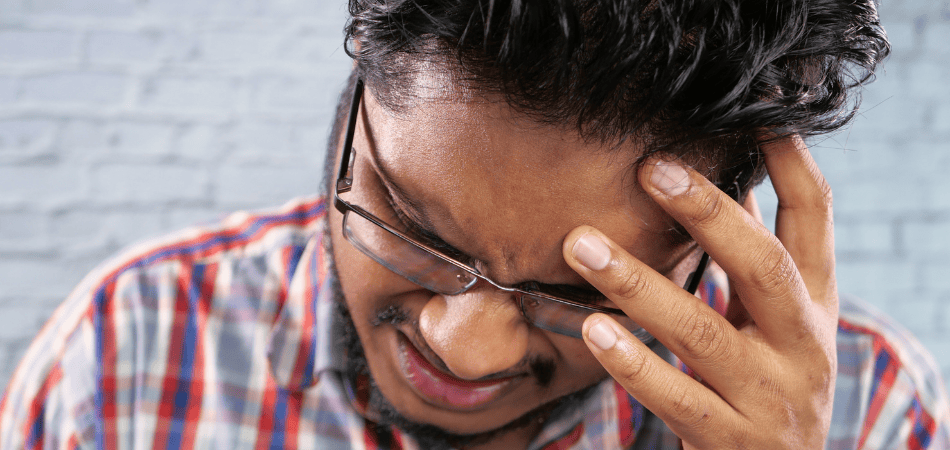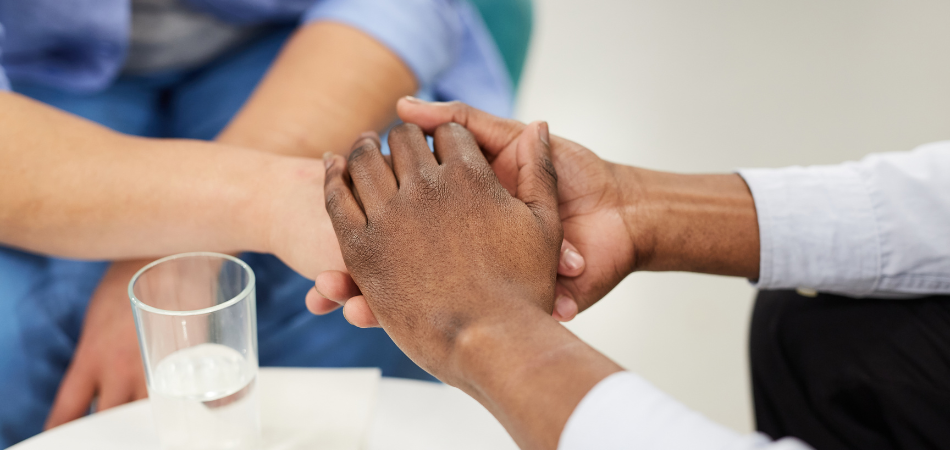
Written by:

Medically Reviewed by:
Last Updated:
August 13th, 2025
Pregabalin should never be taken with alcohol but some people are not aware of the risks or choose to disregard warnings and take Pregabalin and alcohol together anyway. This can cause serious issues including depression, liver and respiratory failure, and an increased risk of Pregabalin and alcohol addiction.
Pregabalin, sold under the brand name Lyrica, is an anticonvulsant medication used to treat neuropathic pain, alcohol withdrawal, epilepsy, fibromyalgia and anxiety. If you are struggling with addiction, it can seem like a lonely place. Primrose Lodge can help you overcome your dependence and put you on the path to recovery.
Why do people mix Pregabalin and alcohol?
People mix Pregabalin and alcohol for a variety of reasons including to ease anxiety or pain, to increase the effects of the drugs when taken separately, as a form of self-medication to cope with mental health issues or simply because they enjoy the feeling.
People who have been prescribed Pregabalin long-term for a condition like epilepsy may believe they have a high tolerance to the drug so they can take Pregabalin and alcohol together safely. Others may actually take Pregabalin to help with alcohol withdrawals during recovery. If they relapse and start drinking again, they then end up mixing Pregabalin and alcohol unintentionally.
Pregabalin and alcohol may also be mixed for recreational purposes. Both substances have a high potential for abuse and when taken together, they can produce a powerful and euphoric high.
What happens when you take Pregabalin and alcohol together?
Whether taken intentionally or without realising the risks, the effects of Pregabalin and alcohol mixing can be very serious. These effects include a range of physical, cognitive and psychological issues including:
- Slowed reaction time
- Memory loss
- Confusion
- Loss of coordination
- Depression
- Suicidal thoughts
- Increased risk of addiction to both substances
It is important to understand that the comination only needs a tiny amount of alcohol to greatly magnify Pregabalin’s effects. This is because alcohol increases the absorption of Pregabalin into the bloodstream.
Pregabalin and alcohol overdose
In extreme cases, mixing Pregabalin and alcohol can be fatal due to a decrease in respiration and heart rate leading to coma or death. Warning signs of a Pregabalin and alcohol overdose include:
- Slowed heartbeat
- Shallow breathing
- Confusion
- Loss of consciousness or coma

If you suspect a person is overdosing, seek medical help immediately and tell the paramedics and doctors that they have taken Pregabalin and alcohol. This will enable them to provide the best possible treatment right away.
How do Pregabalin and alcohol addiction develop?
Pregabalin addiction can result from both prescription use or recreational use with a physical dependency initially developing in similar ways:
Tolerance builds
First, people become tolerant of the effects of Pregabalin, meaning they need more to achieve desired results. These results may be the effective soothing of pain or the feelings of pleasure sought through recreational use.
Physical dependence develops
Once you have developed a tolerance, you may reach a point where you need to take Pregabalin just to feel like you can function or to avoid unpleasant cravings or withdrawal symptoms. This is the definition of physical dependence and it can be very hard to overcome.
Pregabalin and alcohol addiction takes hold
Mixing alcohol and Pregabalin can greatly accelerate this timeline because the effects of Pregabalin are amplified when taken with alcohol. This is why you should never mix Pregabalin and alcohol, particularly if you have any of the following underlying risk factors:
- Easy access to Pregabalin
- Mental health issues like depression, anxiety or bipolar disorder
- Family history of addiction
- History of substance abuse
- Unresolved past trauma
- Loneliness or lack of support
How are simultaneous Pregabalin and alcohol addictions treated?
Pregabalin and alcohol addiction requires a multi-faceted approach to treatment, involving detox, rehab treatment and aftercare.
Detox
Pregabalin and alcohol detox helps the body rid itself of the substances and break your physical dependence. This can be potentially dangerous as alcohol and Pregabalin withdrawal symptoms can be very severe.
Rehab
Our Pregabalin and alcohol rehab programmes involve the same therapies and treatment approaches all of which have been proven effective in helping people beat Pregabalin and alcohol addiction, including:
- Cognitive Behavioural Therapy (CBT)
- Dialectical Behavioural Therapy (DBT)
- Group therapy sessions
- Individual therapy sessions
- Family therapy
At Primrose Lodge, we provide detox and rehab as inpatient services. This is the most effective way to overcome Pregabalin and alcohol addiction for a number of reasons:
- It allows our team of doctors, nurses and therapists to monitor your physical and mental well-being 24/7 during detox
- It provides a secure environment away from the triggers that can lead to relapse
- You will have access to more evidence-based therapies than with outpatient treatment
- You will have the chance to bond with our staff and the other people in rehab
Aftercare
Aftercare is very important because it reduces the risk of relapse after you leave rehab. Our Pregabalin and alcohol aftercare programmes involve one year’s free weekly group therapy sessions after you leave Primrose Lodge to provide ongoing support, advice and guidance.
In addition to aftercare, you will also be invited to join our Alumni Network where you can meet other people in recovery, attend special events and join messaging support groups, all of which extend the sense of community and connection we create at Primrose Lodge.

The next steps
Are you ready to take the first and most important step on the journey to recovery? Then contact Primrose Lodge today. We know the crippling effect Pregabalin and alcohol dependency can have on your life but let the opportunity for a better future be the motivation you need.
As our former client, Carl explains:
“When you think there is no hope and you’re in despair and feel broken internally that is where the window to get better is. When there is nothing left to give, it’s time to hand it over.”

